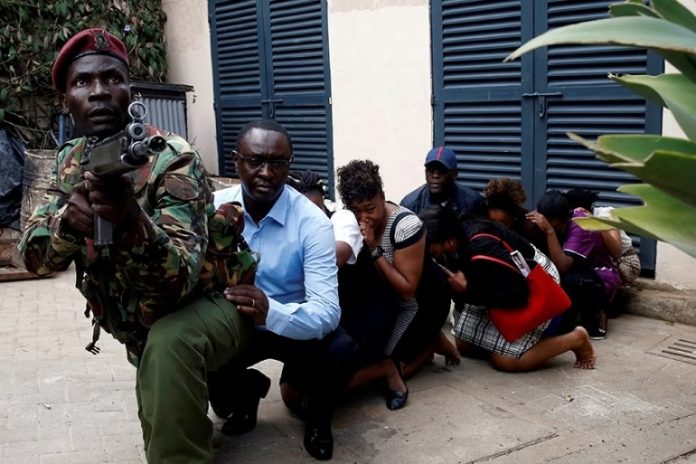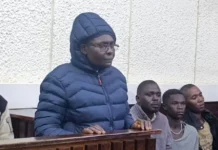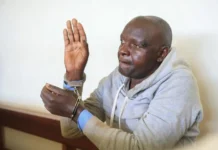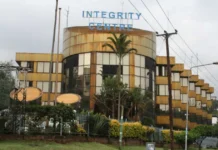Over the years, Terrorism, Transnational organized crimes and human trafficking crimes have become numerous in many East African and the Horn of African Countries.
This led to the establishment of Specialised Courts in Kenya on October 20, 2020.
Kenya being the Economic powerhouse in East Africa had to bear the responsibility in curbing terrorism in both East Africa and the Horn of Africa.
However, the specialised Courts handling Terrorism and Transnational crimes could not be financed by the Judiciary funds and could only fall under the sponsorship of outside bodies like UNODC.
This is because UNODC partners with the government on development matters especially in maritime and transnational organized crimes cases. They assist courts in the Horn of Africa with capacity building.
This notwithstanding, UNODC does not influence the decisions of the Courts during the trial terror suspects.
However, security details during court arraignment of terrorists varies depending on the profile of a terror suspect. Some terrorist matters involve more security agencies because such offenders are well organized in syndicates and if high-profile suspects are arrested, there is always fear that they may expose accomplices hence high likelihood of being killed or an attempt to raid or possibility of attacking the trial, Court.
Once convicted and sentenced, terrorists in custody are held in seclusion, this is because the convicts continue with radicalization in prison and are always plotting escape, they have to be secluded until authorities are satisfied, they have successfully undergone a de-radicalization program before joining the other inmates.



















